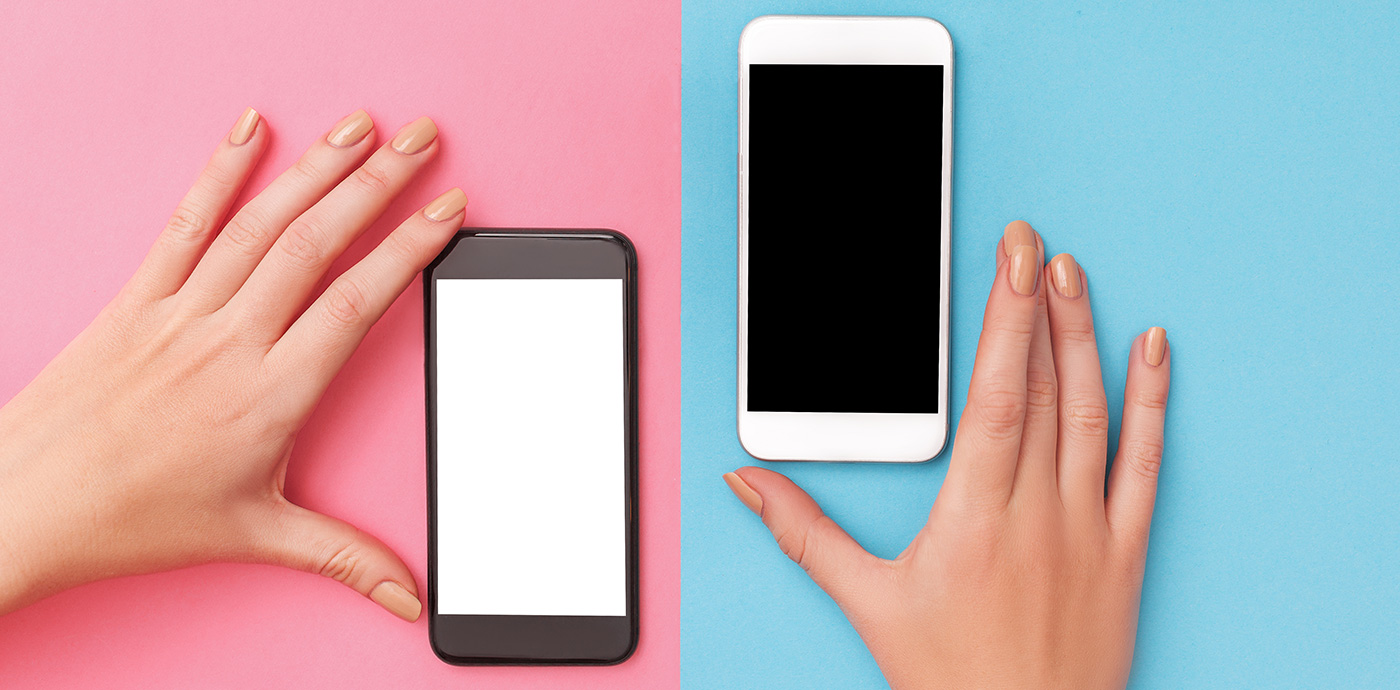
iPhone 16 vs iPhone 16e vs iPhone 16 Pro: Which Should You Choose?
The Apple iPhone 16 line-up has something for everyone. As well as the classic standard iPhone 16, there’s the premium iPhone 16 Pro and the cost-effective iPhone 16e. Whether you prioritise performance, design or value, each device brings something to the table. Here’s how we compare iPhone 16 models.
Design & Materials
The iPhone 16 Pro is built with a premium titanium frame and a textured matt glass back. The standard iPhone 16 and 16e share a similar aluminium and glass design, though the 16e limits colour options. All models are IP68 rated for dust and water resistance.
Display
The iPhone 16 Pro offers the largest and most advanced display at 6.3 inches with a higher resolution and superior contrast. The iPhone 16 and 16e both feature 6.1-inch Super Retina XDR OLED displays, but the Pro version benefits from more advanced HDR support and slightly sharper detail.
Camera System
The iPhone 16 Pro stands out with a triple-lens system and 5x optical zoom, enabled by a new tetraprism design. It also includes a dedicated 3D sensor for advanced stabilisation and LiDAR-powered night portraits. The iPhone 16 features a solid dual-camera system, including a 48MP wide lens and 12MP ultra-wide. The 16e simplifies this with a 48MP main sensor but lacks telephoto capability.
Performance
Both the iPhone 16 and 16e run on the A18 chip, but the 16 Pro uses the A18 Pro, which includes a stronger GPU and additional camera processing power. All models come with Apple Intelligence, Apple’s new personal AI system. However, performance and feature integration are expected to be most refined on the Pro model due to the upgraded Neural Engine.
Battery & Charging
All three phones support fast charging and wireless options via USB-C and MagSafe. The iPhone 16 and 16 Pro support MagSafe up to 25W. The 16e, while still fast-charge capable, supports only Qi wireless charging at up to 7.5W.
Connectivity & Features
Connectivity is strong across the board with Wi-Fi 7, Bluetooth 5.3 and 5G support. The Pro model includes second-generation Ultra Wideband and four studio-grade microphones for improved video recording and spatial audio capture.
Compare iPhone 16 Models
|
Feature |
iPhone 16 |
iPhone 16e |
iPhone 16 Pro |
|---|---|---|---|
| Display | 6.1” OLED Super Retina XDR | 6.1” OLED Super Retina XDR | 6.3” OLED Super Retina XDR |
| Resolution | 2556×1179 (460 ppi) | 2532×1170 (460 ppi) | 2622×1206 (460 ppi) |
| Processor | A18 | A18 | A18 Pro |
| Neural Engine | 16-core | 16-core | 16-core (enhanced) |
| GPU | 5-core | 4-core | 6-core |
| Storage Options | 128GB, 256GB, 512GB | 128GB, 256GB, 512GB | 128GB, 256GB, 512GB, 1TB |
| Primary Cameras | 48MP + 12MP dual lens | 48MP main camera only | 48MP + 12MP + 12MP triple lens |
| Zoom Capability | 2x in / 2x out / 10x digital | Digital zoom only | 5x in / 2x out / 25x digital |
| Video Features | Dolby Vision up to 4K, Cinematic | Dolby Vision up to 4K | ProRes, Dolby Vision, Action Mode |
| Apple Intelligence | Yes | Yes | Yes (fully optimised) |
| Battery | Fast charge 50% in 30 mins, MagSafe 25W | Fast charge 50% in 30 mins | Fast charge 50% in 30 mins, MagSafe 25W |
| Charging | USB-C, MagSafe | USB-C, Qi wireless | USB-C, MagSafe |
| Finish | Aluminium & glass | Aluminium & glass | Titanium & matt glass |
| Water Resistance | IP68 (6m for 30 mins) | IP68 (6m for 30 mins) | IP68 (6m for 30 mins) |
| Weight | 170g | 167g | 199g |
| Connectivity | Wi-Fi 7, UWB, Bluetooth 5.3 | Wi-Fi 6, Bluetooth 5.3 | Wi-Fi 7, UWB (Gen 2), Bluetooth 5.3 |
| Security | Face ID | Face ID | Face ID |
| SIM | Dual SIM (nano + eSIM) | Dual SIM (nano + eSIM) | Dual SIM (nano + eSIM) |
Final Thoughts
- Choose the iPhone 16 Pro if you want elite photography capabilities, the most powerful chip and a premium design.
- Choose the iPhone 16 if you’re after ultra-reliable flagship performance and all your favourite familiar features.
- Choose the iPhone 16e if you’re budget-conscious but still want the benefits of the A18 chip, Apple Intelligence and great photo capabilities.
Each model runs iOS 18 and includes Apple Intelligence, but the overall experience varies based on hardware capabilities. Your choice will depend on how you compare iPhone 16 models and how much you rely on camera features, processing power and long-term performance.

